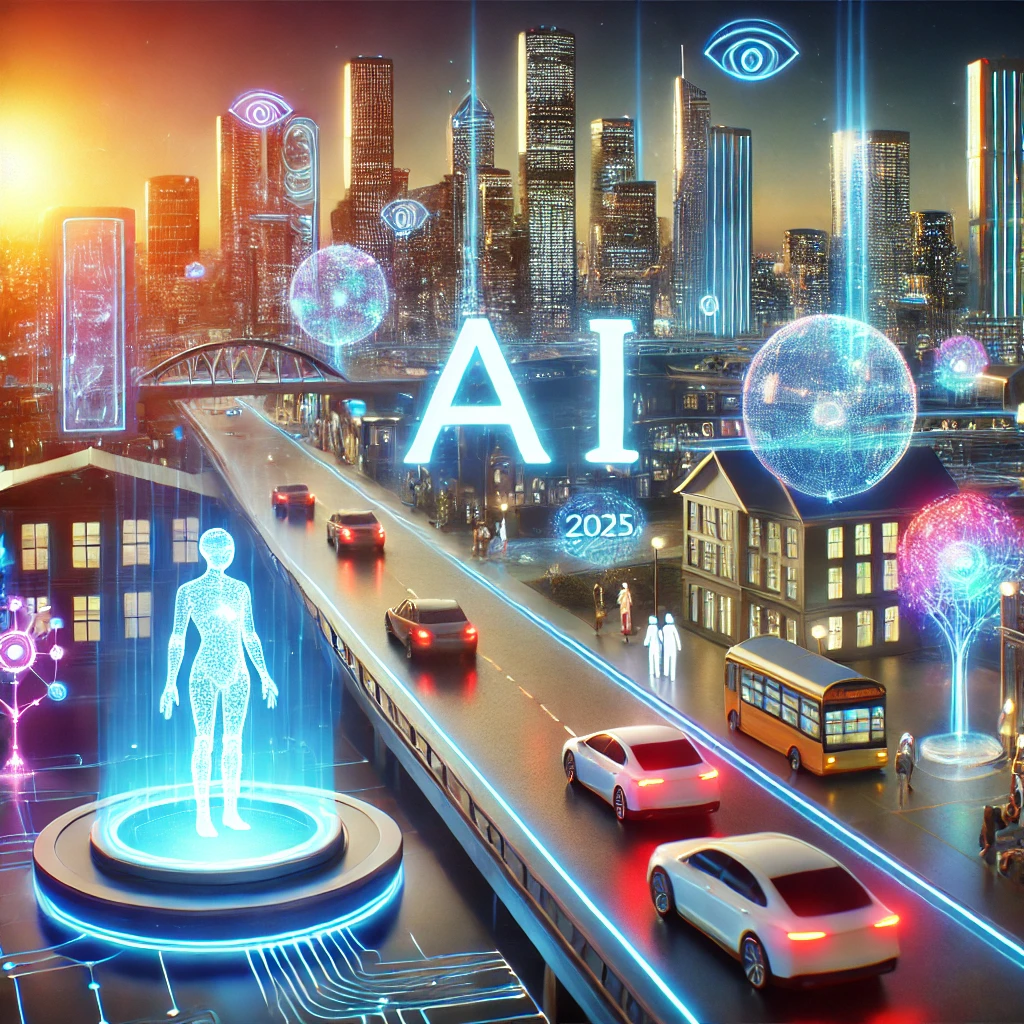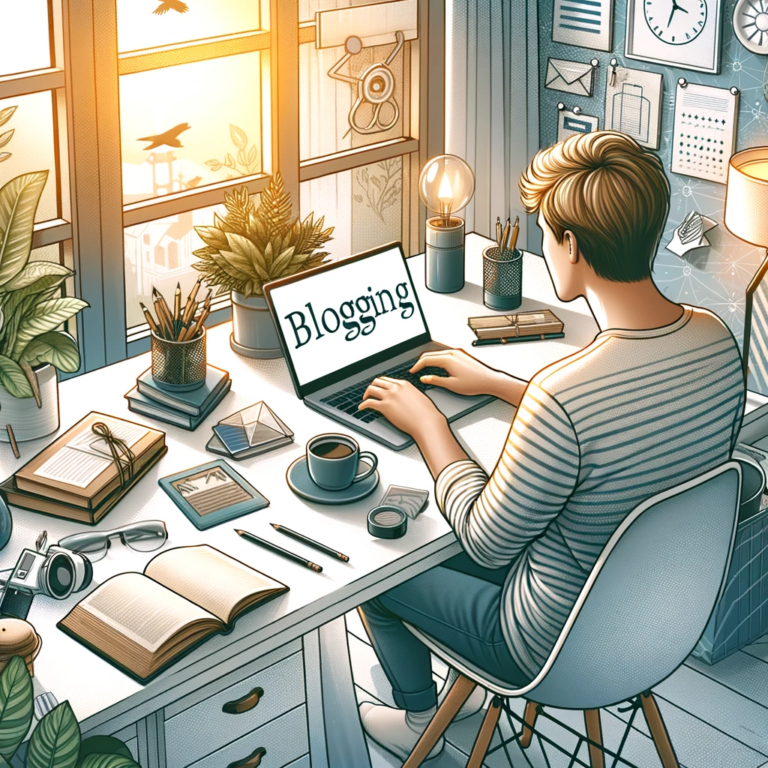
Artificial Intelligence continues to redefine the limits of technology by offering transformative solutions across industries and reshaping life as we know it. With the dawn of 2025, AI will continue to move forward and further evolve, promising groundbreaking opportunities and challenges. Enhanced automation, debates over ethics, and much more are emerging trends in AI, which are likely to revolutionize the future.
Generative AI in Expansion
Generative AI has the tools–ChatGPT and DALL-E–which have gained massive attention, enabling companies in creative industries and the business world to automate content. The technology will now shape more complex applications towards 2025, such as a virtual assistant for each user, developing fully automated design systems, and other professional media production tools. Businesses will use all the tools to build user experiences, hyper-personalized while the entertainment industry might see AI-made movies, music, and art.
AI and Health: Precision to Personalization
AI is on its way in healthcare and takes over a chunk of it through predictive diagnostics and robotic surgery; however, medicine is personalized because the analysis based on algorithms shows risks for advancement in health interventions. The implementation of AI-technology-based wearables is also incorporated into real-time health monitoring plans for patients under personal care management. AI-driven drug discovery may speed up the development of treatments for complex diseases, making healthcare more accessible and efficient by 2025.
Emergence of Autonomous Systems
Transportation. Logistics. Autonomous systems are picking up much speed. Self-driving cars and drones can be seen common. Automated delivery systems will also see the light of the day in the future. These will be readily used until 2025 with enhanced AI decision-making capabilities and much advance sensor technology, making these systems safer. More rapid and cost-effective operations would be noted across e-commerce and supply chain management companies. Consumers will probably experience convenient access to drone delivered groceries or packages.
Ethical AI and Regulatory Framework
AI will strengthen on ethical consideration concerning issues of bias, privacy, and accountability. Governments and organization will step up with much tougher regulations that are able to ensure transparency and equity in AI operations. Ethical AI aims to ensure responsible data exploitation and minimize unintended impacts which come from technological innovations. Humanity will be assisted by technology through ethical AI initiatives that do not infringe upon any human’s freedom.
AI Education
The use of AI-based tools in education will make personalized learning enhanced. Adaptive learning environments will center on the needs of individual students through real-time assessment of their strengths and weaknesses. Virtual tutors and AI-led curricula will make education more interactive and available to more people. In 2025, AI can bring educational opportunities to the entire globe and bridge the divide for the underserved communities.
AI in Smart Cities
The presence of smart cities will be seen as AI becomes an integral part of urban planning and infrastructure. AI will enable traffic flow management, optimize energy usage, and enhance public safety. Predictive analytics will allow city planners to make data-driven decisions, thus reducing inefficiencies and improving the quality of life for citizens. By 2025, cities around the globe will have embraced AI as a mechanism for solving issues with pollution, congestion, and waste.
AI in Creative Collaboration
Beyond automation, AI will play a collaborative role in creative processes. Industries like advertising, filmmaking, and game development will use AI to brainstorm ideas, generate concepts, and streamline workflows. Rather than replacing human creativity, AI will augment it, enabling artists and professionals to push the boundaries of innovation.
Impact on Everyday Life
AI will influence one’s life, making it incredibly smart. Be it smarter devices in the house or better service to customers, AI will definitely make daily operations easier. It will make the virtual assistant become more intuitive; it will take complex commands and preferences. Also, AI finance tools will empower people to be able to decide what is suitable for them while making budget and investment plans easy.
Future
The future of AI in 2025 is full of possibilities. As technology advances, it becomes more apparent that it will reshape industries, improve lives, and solve global challenges. However, governments, organizations, and individuals must work together to navigate the ethical and societal implications of AI.
For more updates, visit satvnews.in





